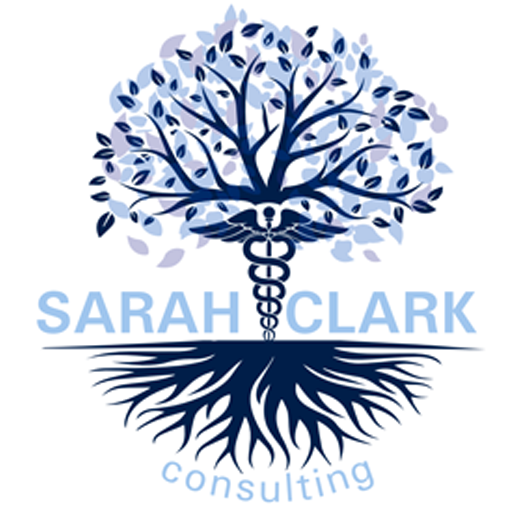
To quote my favorite band, U2, We can’t live with or without you!
There is a lot of talk about Electronic Health Record Systems. Who likes which one best and why? As of 2021 there are an estimated 1000 EHR products and there are over 600 EMR software companies. How can you expect to find the perfect one out of all of those? Talk about overload. I’ve worked in a multitude of systems, and I’m not sure there is a “perfect” one. There are so many individual preferences, that it has to be the perfect one for YOU. But where do you start?
If you are a small practice, there are automatically some systems that can be ruled out. Larger hospital type systems are not a fit for a 2 or 3 provider practice. See if there is a specialty specific system.
Cost is always a factor but don’t get caught up in that too much.
Certain features can be negotiated, and don’t hesitate to ask. Currently the averaged cost is $200 to $800 per month per provider. There are usually upfront costs for data migration and system implementation of $2000 to $20,000. A self-service platform that is lower cost may be a good option for a practitioner just starting out and is tech savvy. A more robust system that can integrate patient forms and integrated payments may be more the speed for others.
Implementation of the EHR System is a process on its own. Don’t skimp on the training. The system is only as good as the training of the users. Allow all users enough time to take the training and to practice. Consider closing the office to take the training. Making the training a priority for all users, and yes, that means the doctors as well, will make the transition less difficult. Change is hard, and frustrating. Training can alleviate some of that. Practice up until the go live. Set up the appointment system, and templates and e-prescribing features ahead of time. Time and time again I see practices not make this a priority and the go live doesn’t go well and there is frustration all around and ultimately the vendor is to blame because of poor preparation.
EHR Systems have some great technology built into them. There may be features that you aren’t even aware of. Allowing patients the ability to complete paperwork prior to an appointment that integrates into the system saves time, paper and makes the triage process much smoother. Patient follow up with newsletters or post visit instructions help keep patients engaged. Engaged patients have better outcomes. MGMA data shows that offices that invest in tools to improve patient experience can see an increase in revenue of 10-30%!! Who doesn’t want better outcomes AND a better bottom line for the same work?!
If you aren’t sure where to begin your search for a system for your practice, consider outsourcing that to a consultant. Provide them with your lists of needs and nieces and let them do the research for you and have them present the top 2 or 3 choices to you. Together you can make the best decision for your practice.
Did you know Sarah Clark Consulting offers a FREE practice self-assessment? CLICK HERE to take the one minute assessment and get some great information to keep the smile on your face while making your practice more efficient!
